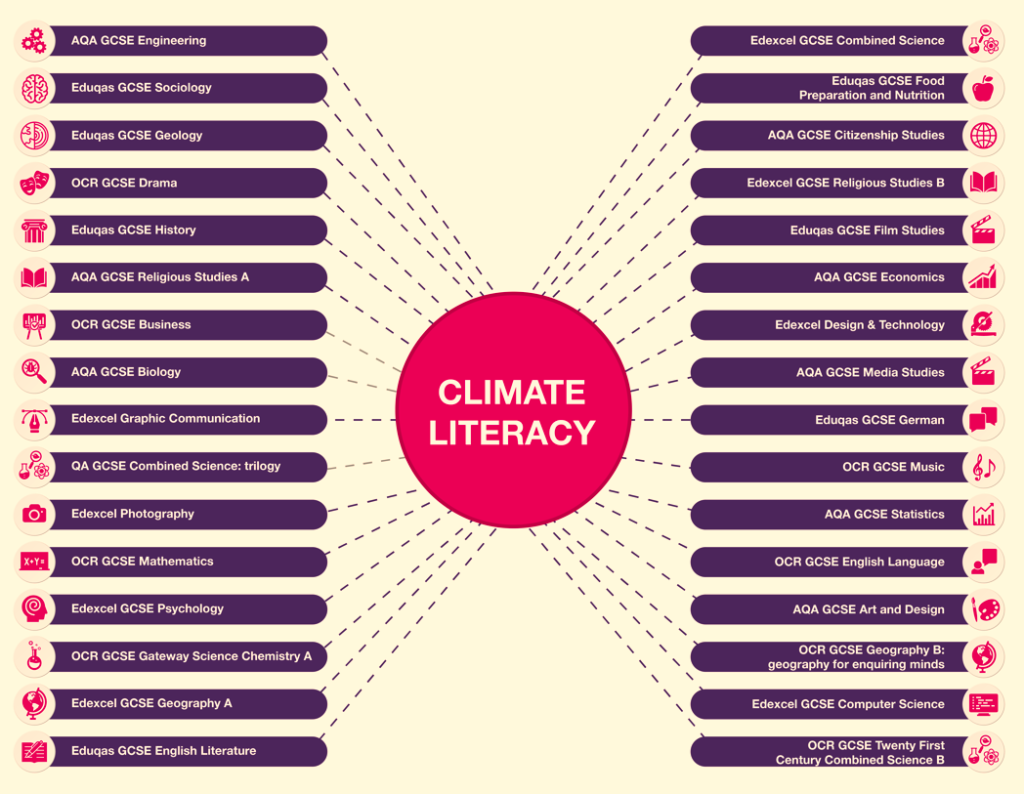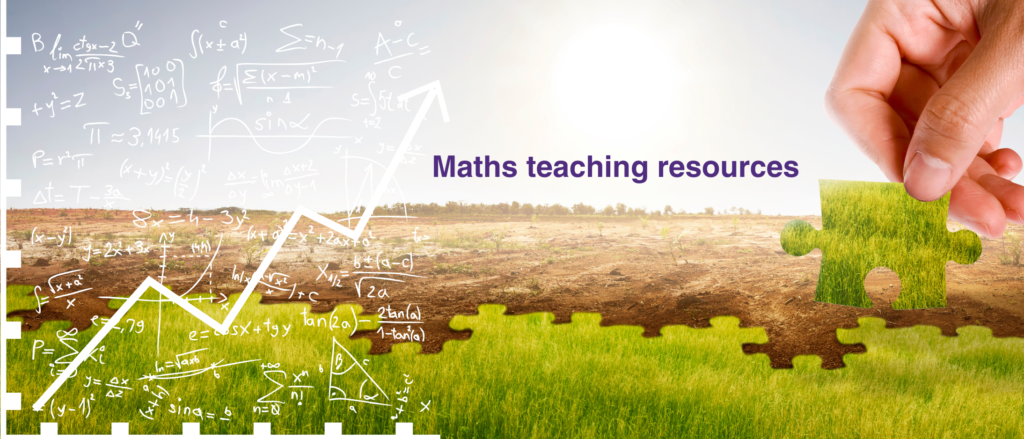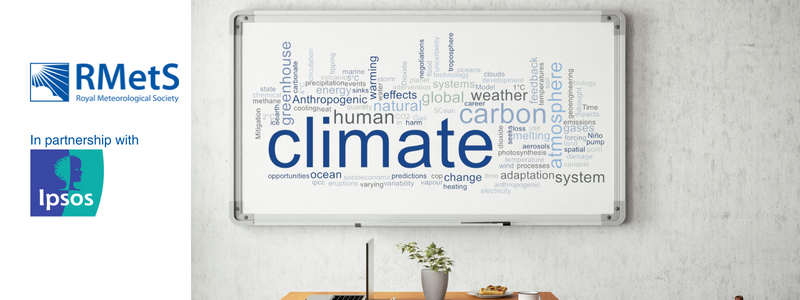This beautifully illustrated children’s book is full of fantastic facts about weather, climate and the world around us. It would be a wonderful gift for primary school aged children, with plenty of engaging pictures to keep infants interested as well as lots of interesting facts and trivia to interest junior children. The author, Camilla de la Bedoyere, has written more than 200 books for children and adults, many of which explore the natural world. Cinyee Chiu, the illustrator, believes in a sustainable lifestyle and is interested in projects about environmental/climate issues.
Covering a wide range of subjects, the author and illustrator take us on a tour to discover: ‘what is weather?’ and ‘how does the weather change?’, including how forecasts and charts are made. The book also tells us about Earth’s past climate, wild weather, extremes and climate change. It covers an amazingly large range of topics and both children and adults will likely learn plenty of new information about weather and climate from reading this book together.
As you would expect, the book starts with a gentle introduction to the atmosphere, the Sun and the wind, but it soon goes beyond the more basic kids’ weather books as it shows examples of how wind is measured with the Beaufort Scale. The water cycle and formation of clouds is shown with accurate representations of the different types of cloud. In the section on how the weather changes, it starts with a selection of nature’s weather warnings, where I learnt a new and interesting fact about how crickets chirrup faster and louder as the temperature rises! This is nicely followed by an overview of how storms develop and how we forecast the weather. The only thing that is missing from this section is some time spent in the book talking about supercomputers and the importance of number crunching, which is somewhat glossed over. However, unlike other children’s books about weather, it is nice that this book includes information about weather charts and weather records. There is a large section on world weather, which spans from Earth’s past climate (both hot and cold) to climates and seasons, making links to migrations and the impacts of weather and climate on people. A weather book would not be complete without sections on wild weather, from hurricanes and tornadoes to extreme and strange weather, which is covered very well by this author and illustrator. Finally, climate change has a prominent place in this excellent book, with a focus on renewable energy and how it is generated.
The illustrations in this book are beautiful and the content very engaging and interesting, giving the perfect combination to keep children and adults interested from front to back cover. Dr Sylvia Knight (RMetS) was consulted during the writing of the book, so we can feel confident that the content is accurate. I would definitely recommend this book for primary age school children – a great gift and lovely to read with them as an adult too!
My First Book of Weather, Bedoyere, Camilla (Author) & Chiu, Cinyee (Illustrator) Templar Publishing, 2021 Hardback £12.99, 64 pp ISBN 978-1-787418-50-9












